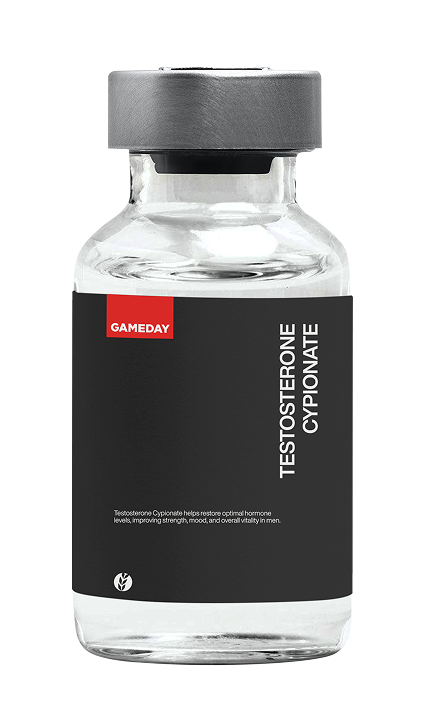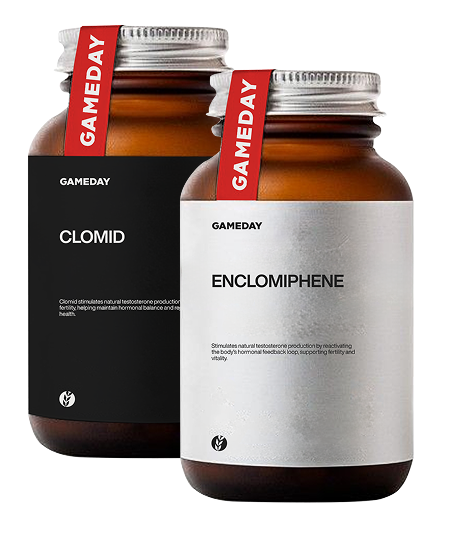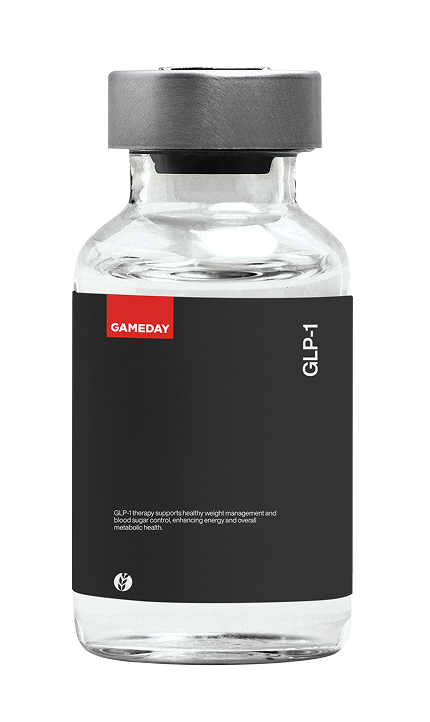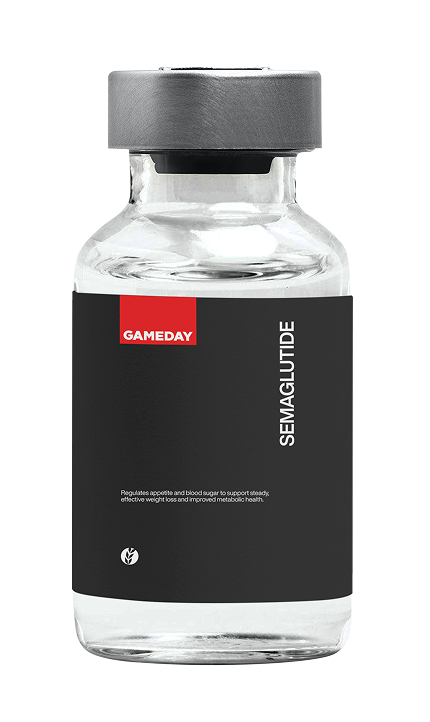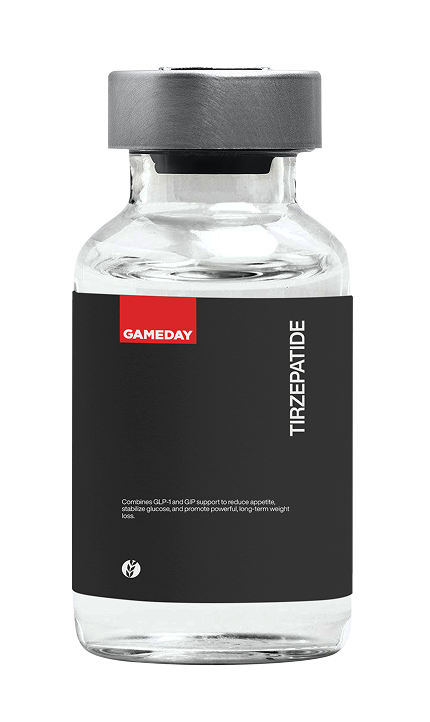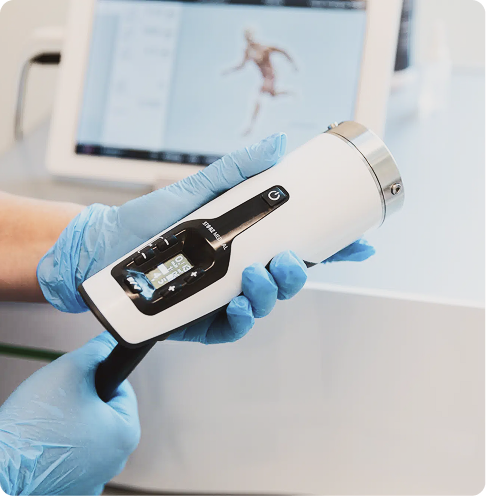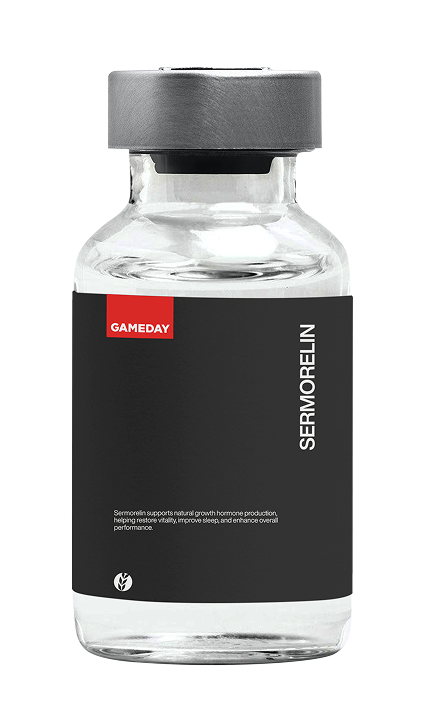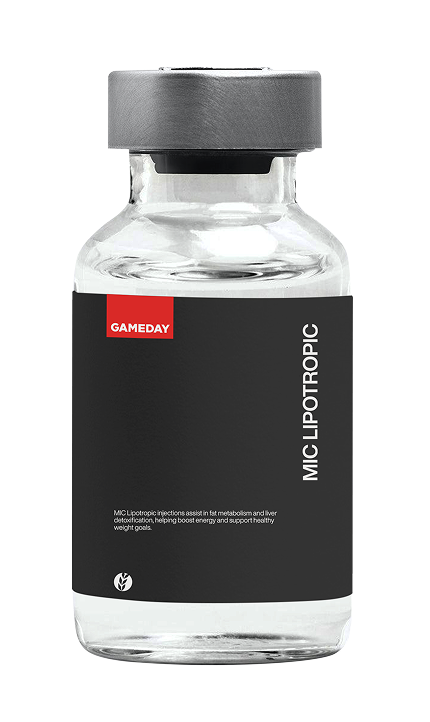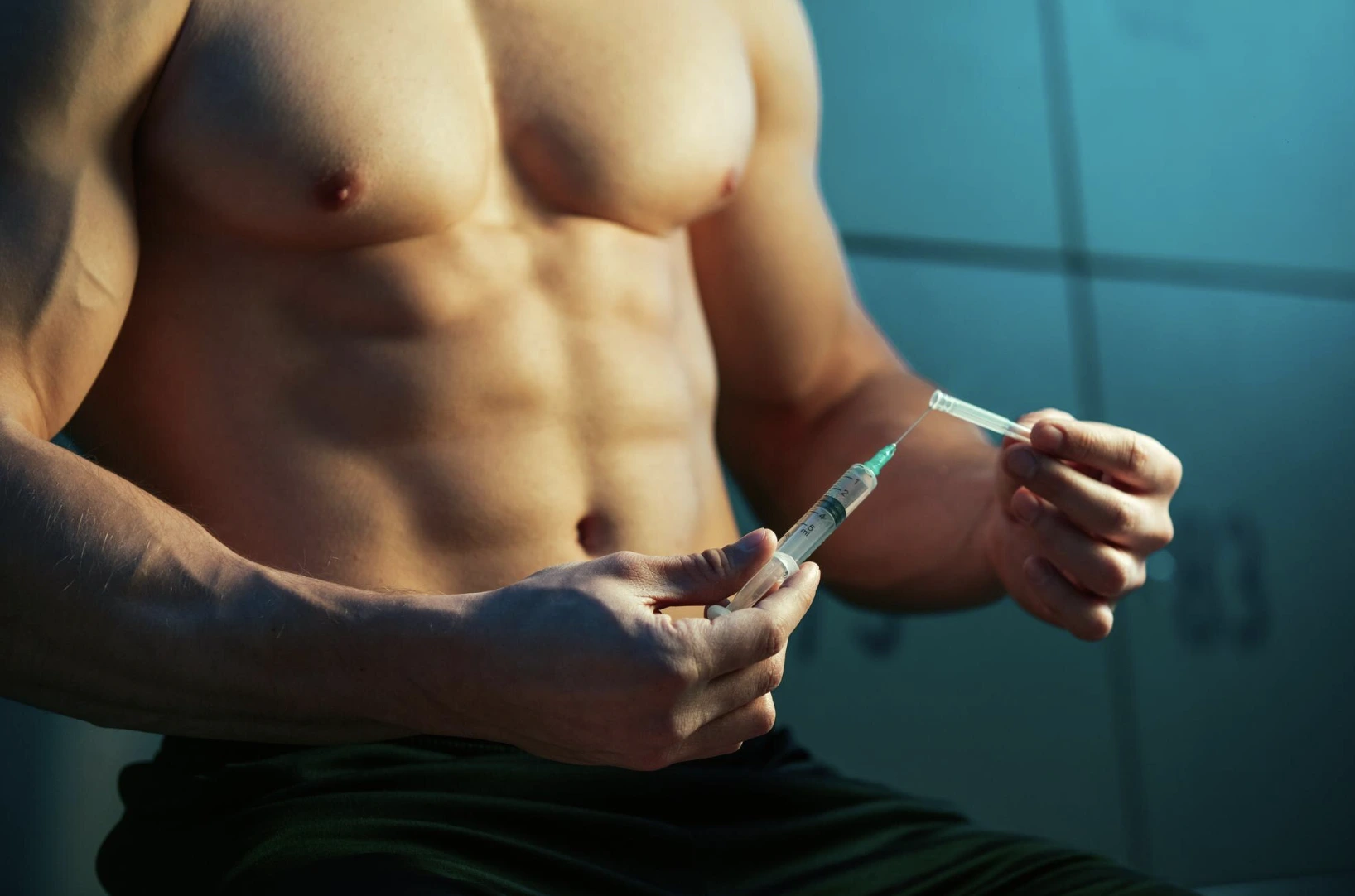The winter blues can hit hard, and for some men, it’s more than just a temporary funk. Seasonal Affective Disorder (SAD) is a type of depression that’s triggered by the change in seasons, and it can take a serious toll on your mental health and overall well-being.
Understanding Seasonal Affective Disorder in Men
SAD is a form of depression that follows a seasonal pattern. It usually starts in the fall and lasts through the winter months. The symptoms can range from mild to severe and may include:
- Persistent feelings of sadness or hopelessness
- Loss of interest in activities you usually enjoy
- Changes in appetite and sleep patterns
- Difficulty concentrating
- Irritability and mood swings
For men, these symptoms can be compounded by the societal pressure to appear strong and in control. Many men feel like they can’t show vulnerability or ask for help, which can make dealing with SAD even more challenging.
The Hormonal Connection
So, what causes SAD? While the exact mechanisms aren’t fully understood, it’s believed that the reduced exposure to sunlight during the winter months plays a big role. This can disrupt your body’s internal clock and lead to a drop in serotonin, a neurotransmitter that helps regulate mood.
But there’s another piece to the puzzle: testosterone. Testosterone is the primary male sex hormone, and it’s crucial for maintaining energy levels, sex drive, and overall mood. Studies have shown that low testosterone is linked to an increased risk of depression and other mood disorders.
During the winter, when there’s less sunlight, men may experience a natural dip in testosterone levels. This can contribute to the development of SAD symptoms and make existing mood issues worse.
Testosterone Replacement Therapy: A Potential Solution
If you’re struggling with SAD and suspect that low testosterone may be a factor, Testosterone Replacement Therapy (TRT) could be worth considering. TRT is a treatment that aims to restore testosterone levels to a healthy range, either through injections, pellets, or oral tablets.
By boosting testosterone, TRT can help alleviate many of the symptoms associated with SAD, such as:
- Improving mood and reducing feelings of depression
- Increasing energy levels and motivation
- Enhancing sex drive and performance
- Promoting an overall sense of well-being
Lifestyle Strategies for Managing SAD
In addition to considering TRT, there are several lifestyle changes you can make to help manage the symptoms of SAD and support your hormonal health:
- Make exercise a priority. Regular physical activity has been shown to boost mood, reduce stress, and improve overall well-being. Try to get outside during daylight hours whenever possible.
- Eat a balanced diet. Focus on nutrient-dense foods that are rich in vitamins and minerals, especially vitamin D. This “sunshine vitamin” plays a key role in regulating mood and hormone production.
- Limit alcohol and processed foods. These substances can disrupt your body’s natural hormone balance and contribute to feelings of depression and fatigue.
- Prioritize sleep. Aim for 7-9 hours of quality sleep each night to help keep your hormones in check and your mood stable.
Why Addressing Hormonal Health for SAD Matters
If you’re a man struggling with SAD, it’s important to know that you’re not alone and that there are options available to help you feel better. By understanding the role that hormones play in seasonal mood changes and taking steps to support your overall health and well-being, you can reclaim your vitality and thrive, even during the darkest months of the year.
At Gameday Men’s Health, we specialize in helping men optimize their hormonal health and overcome the challenges of SAD. Our team of experts can provide comprehensive evaluations, personalized treatment plans, and ongoing support to help you feel your best, no matter the season. Don’t let SAD hold you back – schedule an appointment today and start your journey towards better health and happiness.



